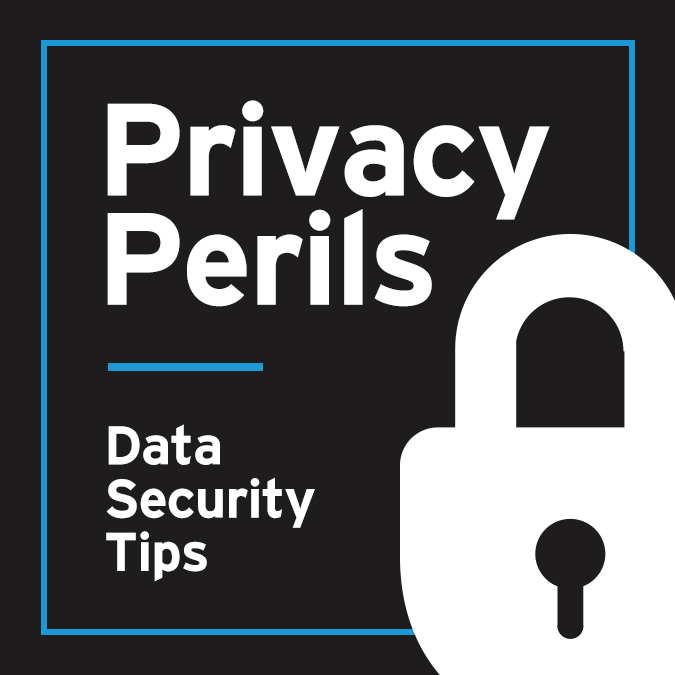With the holiday season fast-approaching, thrifty shoppers across the country will soon be looking to spend (and save) their hard-earned money during what is arguably the busiest shopping weekend of the year, spanning Black Friday, Small Business Saturday and Cyber Monday. But while shoppers may view these days as bringing big savings, cybercriminals see an opportunity to profit from this online shopping frenzy with clever scams, such as luring unsuspecting shoppers onto fake websites and social media posts. Luckily, you don’t have to fall victim to these pesky and often harmful scams. The list below is intended to provide some tips and precautions to help avoid succumbing to fraudulent activity and help protect your credit card and other personal information, both during the holiday shopping season and year-round.
- Protect and monitor your accounts. Turn on two-factor authentication on every account that offers it, and use strong, unique passwords for all of your accounts. To help alleviate concerns over forgetting numerous passwords, password managers are helpful programs that will automatically generate unique, secure passwords for all of your accounts and remember them for you. Additionally, keep a close eye on your credit cards and bank accounts by setting up alerts and monitoring – most credit cards have mobile applications that allow you to monitor card activity and send SMS or email alerts whenever a purchase is made.
- Use a secure network to shop. When shopping online, make sure you are using a private Wi-Fi connection or your smartphone’s cellular network to browse the internet. Public Wi-Fi networks are notoriously insecure and could open you up to malware or hacking.
- Avoid clicking links in emails. Emails are a particularly common way for scammers to gain access to your credit card information or identity. Hackers will send a phishing email, in which they copy a retailer’s sale or discount email and include a link to a false portal asking for your information. If you do receive a tempting promotion, you should go directly to the retailer’s website by typing its name in your browser.
- Don’t open attachments in emails from retailers. For the same reason that you should not click on links in emails, you should avoid opening attachments in emails from retailers. Retailers will not typically hide deals in attachments. Instead, this is where hackers hide malware and other harmful viruses.
- Avoid pop-ups and advertisements. Malware and viruses that are spread through these means are referred to as malvertising, or malicious advertising, and can infect your device with a wide variety of harmful programs such as adware, spyware and ransomware.
- Understand the privacy policy of the website. The retailer’s privacy policy, usually located at the very bottom of the web page, should tell you what types of personal information the retailer is collecting from you, how your information will be used, and who will have access to your information. Some retailers may give you the choice to opt out of sharing your information. The retailer’s privacy policy should also provide a point of contact if you have any questions about the use of your personal information.
 Check out our series, Privacy Perils, to learn what steps you can take to guard your personal and company data. For more information about this topic and other cyber security concerns, please contact a member of our Privacy & Data Security team.
Check out our series, Privacy Perils, to learn what steps you can take to guard your personal and company data. For more information about this topic and other cyber security concerns, please contact a member of our Privacy & Data Security team.


